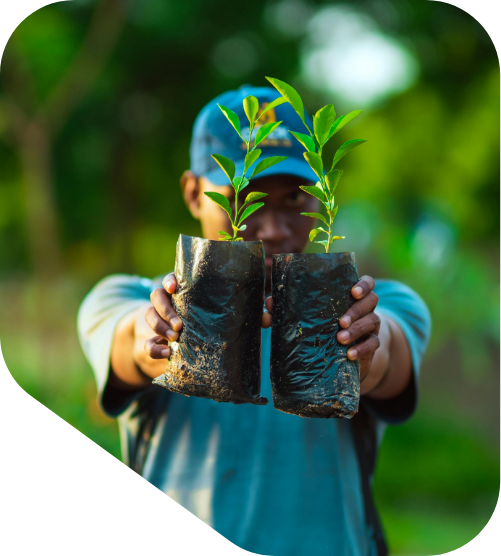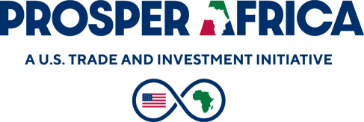Connecting social finance to amplify sustainable impact in Africa
The Africa Social Impact Exchange unifies the continent’s fragmented capital markets by creating an ecosystem that connects financial resources to social enterprises driving measurable impact.

Africa needs less than 0.2% of global and 10% of local capital pools annually to close the SDG funding gap.

But this annual gap represents less than 10.5% of the stock of financial assets the continent already holds.In 2020, African institutional investors held assets valued at USD 1.8 trillion – equivalent to 73% of the continent’s GDP –illustrating the potential to tap into private and institutional capital to finance the SDGs.
Africa does not lack impact capital. It lacks catalytic philanthropic capital that can de-risk social investments to unlock dormant private capital held on the continent. This urgency exists alongside a burgeoning collaborative philanthropy ecosystem that stands ready to drive social innovation and expand successful social impact initiatives likely to accelerate Africa’s prosperity, and ultimately influence change.
Africa’s financial markets are divided into small, competing segment with philanthropies and commercial investors deploying financial resources in silos. This fragmentation limits connections between investors, social enterprises, and innovation networks, creating barriers to mobilising capital and efficiently scaling impact. Capital market limits innovation and opportunities for pool investment and risk-sharing.
Ecosystem players will unlock liquidity and facilitate the efficient allocation of capital toward impactful investments across the continent
Asymmetric information occurs when entrepreneurs have more knowledge about their business than investors. leading to increased perceived risks and investor hesitation, leaving many viable African enterprises struggling to secure essential funding for impact. Market risk premiums are ~30% higher in Africa compared with other regions with similar risk profiles.
Information asymmetry means that there is limited investment in SMEs in the “missing middle” and investment opportunities with high potential impact remain underfunded.
Balancing ecosystem information flow will reduce both risk perception and transaction costs, leading to a more efficient allocation of capital



Become part of Africa’s sustainable growth story. By partnering with AVPA, you can play a transformative role in empowering communities, building resilient ecosystems, and achieving sustainable impact. Join us to help Africa’s social impact sector thrive.
Copyright © 2024 ASIEx. All Rights Reserved